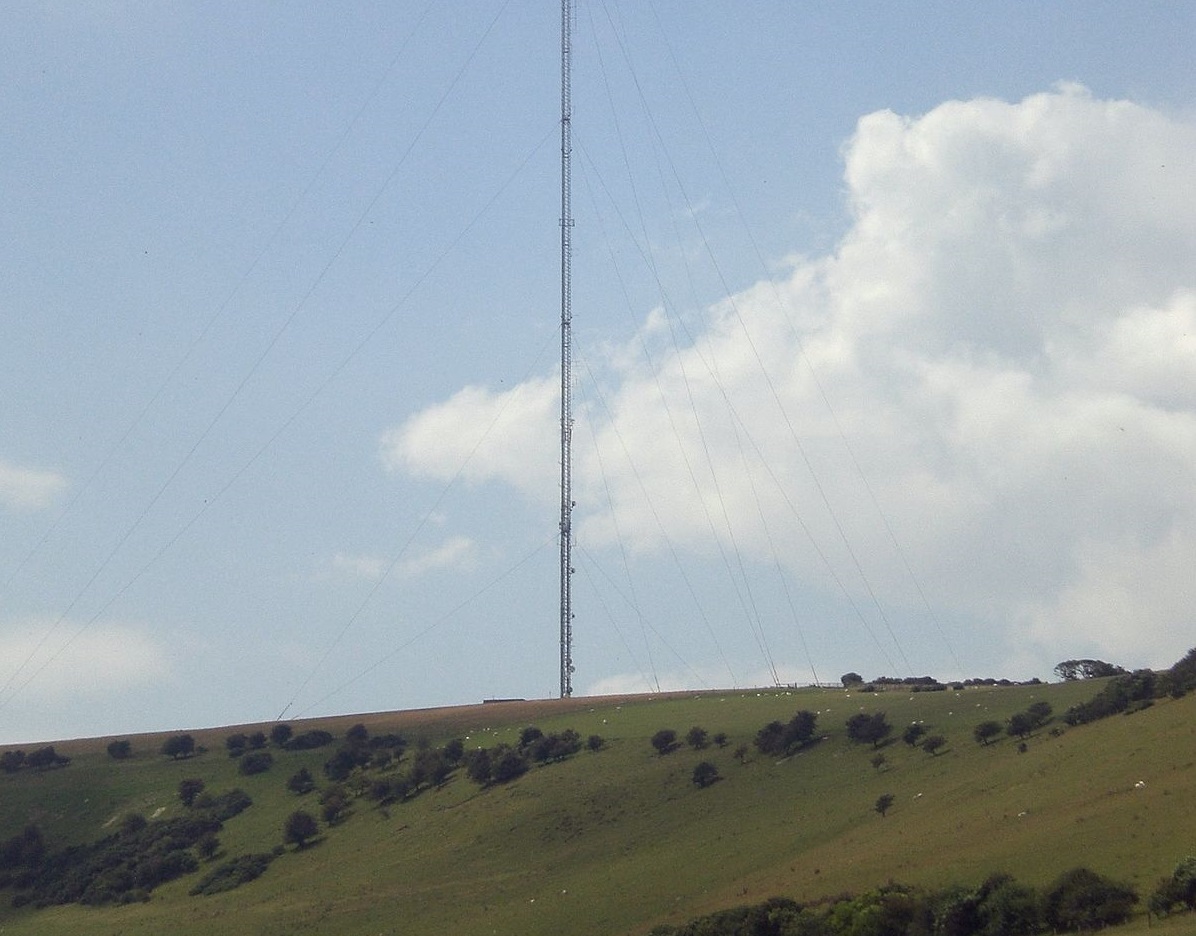
Landowners across the country are pulling out of telecoms agreements because of concerns about the new communications legislation, which is in turn "threatening" the delivery of the new emergency services network.
According to telecoms specialists Strutt & Parker, the new Electronic Communications Code, introduced in the Digital Economy Act 2017, is likely to come into play early next year and will affect all telecoms agreements including BT wayleaves.
Robert Paul, one of the UK’s leading experts on the telecoms market, points out that landowners concerned about the impact are already taking a step back from telecoms agreements and operators will struggle to find sites as a result.
Mr Paul, Partner in Strutt & Parker’s Shrewsbury office, said: “Site providers, include farmers and landowners, are now recognising the potential impact that an agreement for electronic communications equipment on their building or land might have on their normal business operations.
“They are concerned about the wide powers which the operators may attempt to claim under the code. Any agreement in writing with an operator may give rise to such endeavours.
“We are seeing large numbers of landowners with urban rooftop sites wishing to remove operators and many rural landowners who are unwilling to grant rights voluntarily because of concerns about the impact of the new code.
“Improved coverage and new technology will require a greater density of sites which, albeit with a smaller footprint, are still likely to give rise to the same issues and nuisances for site providers.”
'Restricts'
He said the new code "restricts" the ability of a landowner to remove an operator even if the lease has been breached or the rent has not been paid.
An operator can only effectively be removed for redevelopment and then only after 18 months’ notice and potentially two separate court actions, Mr Paul warned.
“It appears to us that the number of landowners seeking to remove operators under the present code is up at least 30% as urban landowners, in particular, wake up to the potential difficulties such an agreement imposes on their ability to repair or redevelop buildings.”
He added: “In rural areas, the timing for delivery of the new £1.2billion Emergency Service Network (ESN) is threatened by landowners’ reluctance to agree the terms being demanded for key remote sites.
“The programme to replace the existing Airwave Emergency Service Network makes use of a mix of existing and new greenfield sites. Commercial network operators, EE, are extending their own network to provide the bulk of the coverage and the average rent for greenfield sites is now over £6,000.
“The Home Office, which is responsible for acquiring sites in the more remote areas, is offering just £4,000 while also seeking wide assignation, sharing and access rights. The terms being offered are proving unattractive to landowners and therefore the delivery of the network by September 2020 now looks unlikely.”
'Unrealistic demands'
For Mr Paul, the issue lies in the difference between the extent of the rights being demanded by operators and those to which they are entitled under the new legislation.
“Demands from operators for 24/7 access rights are often unrealistic,” he said. “There are often good business reasons for restricting access. Operators’ demands for unfettered rights to fell trees, even for sites in commercial woodlands, are a major issue. In one recent example, an operator demanded the right to fell mature trees in a garden to obtain line of sight to another mast.
“Additionally, the new code permits sharing but this is only when there is no new equipment installed and no adverse visual impact or effect on the landowner. An operator does not have an automatic right under the new code to add to equipment installed on a site, contrary to what they might otherwise say. These rights are commercial matters that can be agreed with a landowner but not imposed.
“Landowners need to be very well versed in both their rights and the rights afforded to the operators. It is now more essential than ever that landowners seek advice before agreeing terms with any telecoms operator.”
